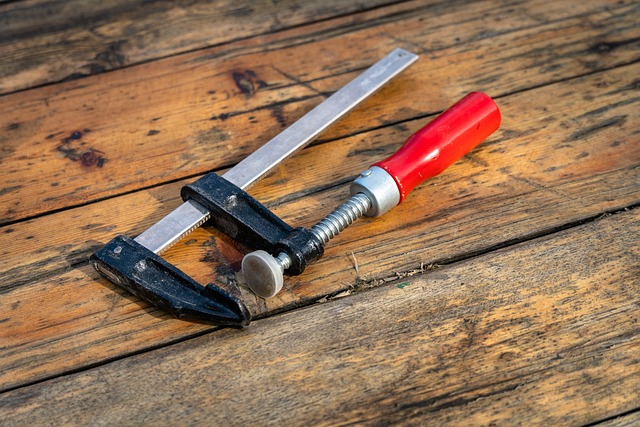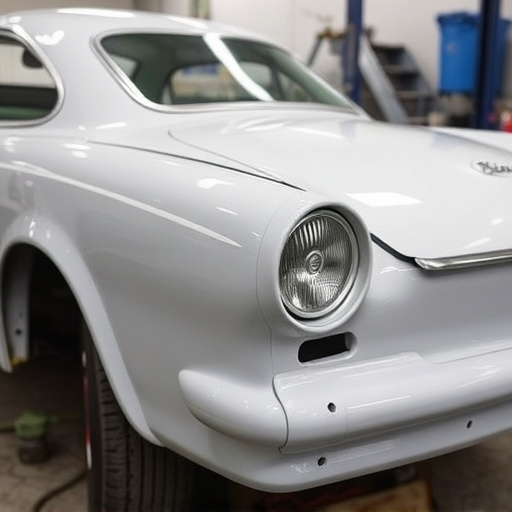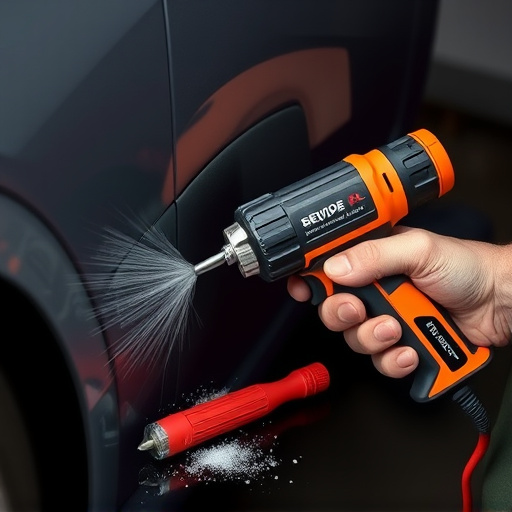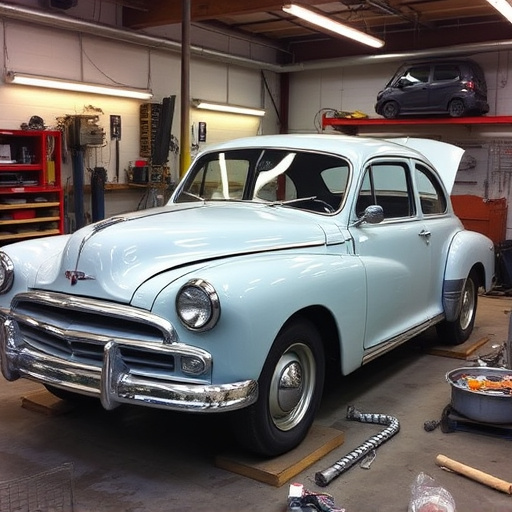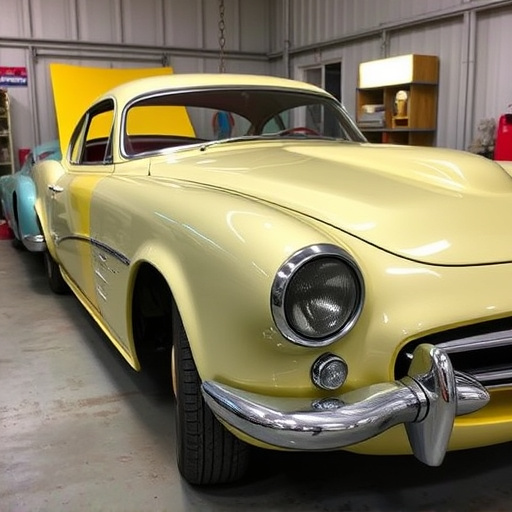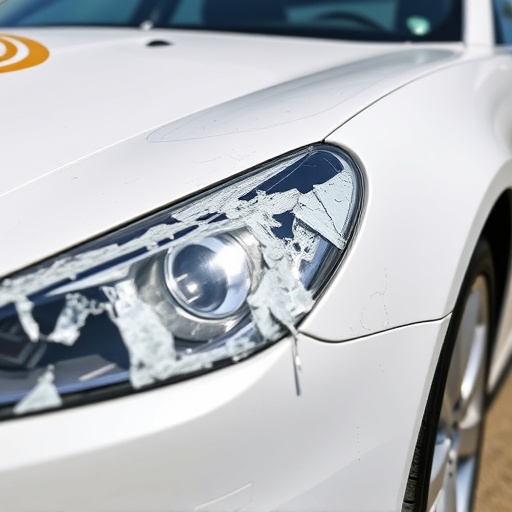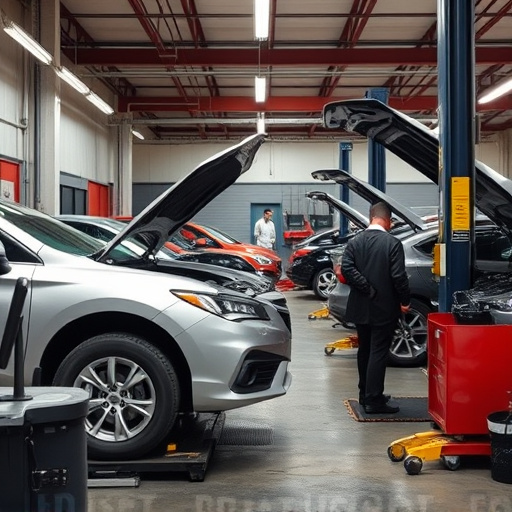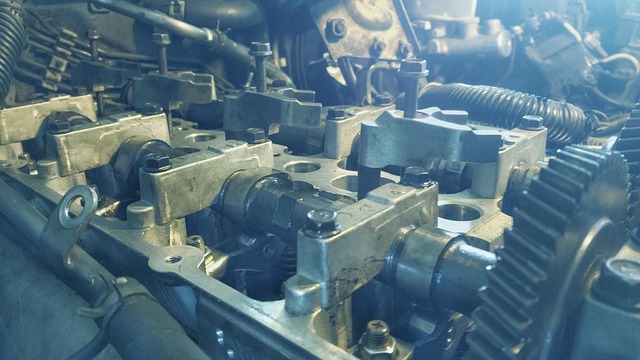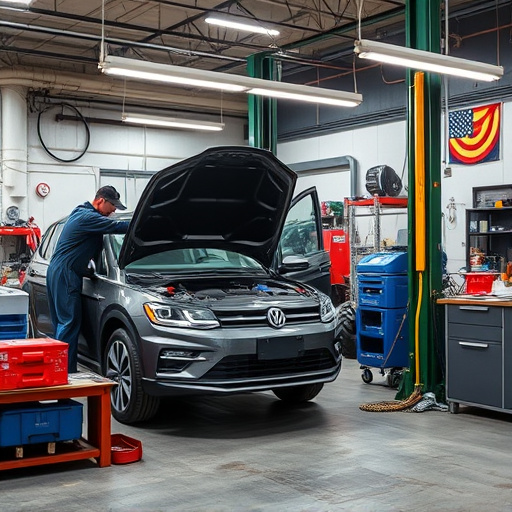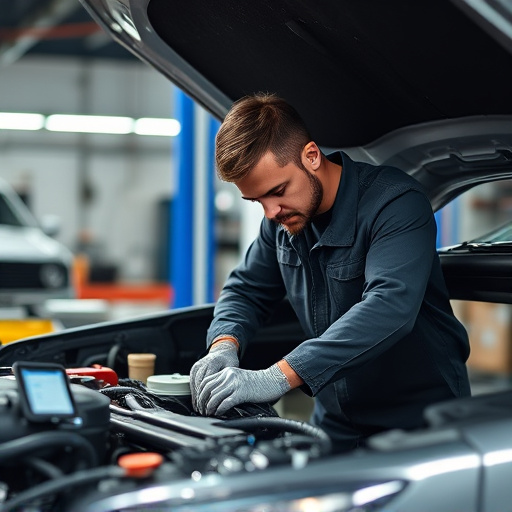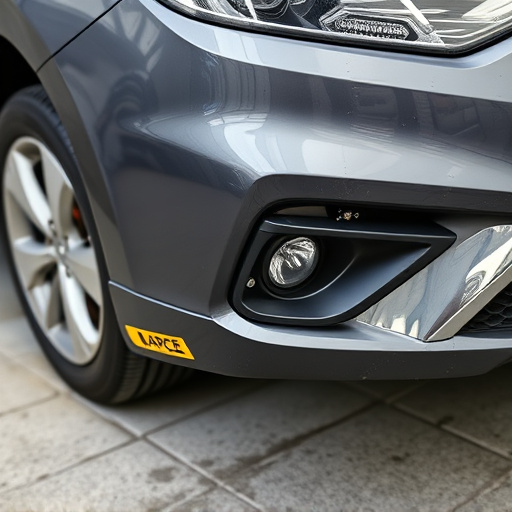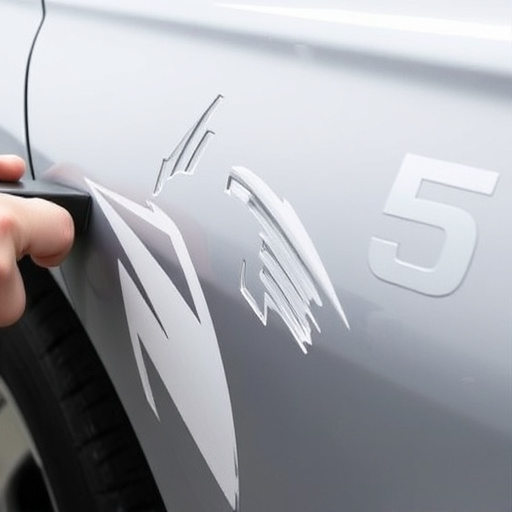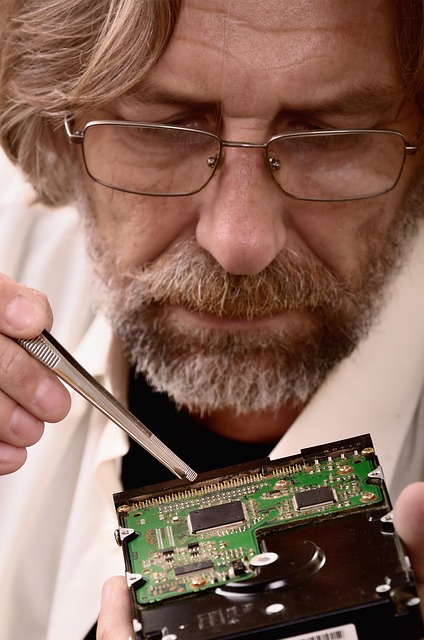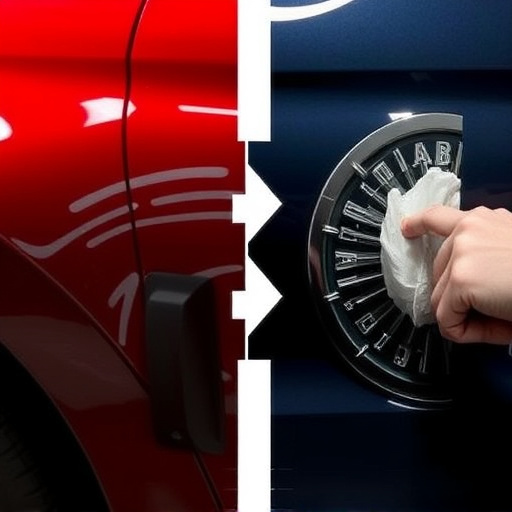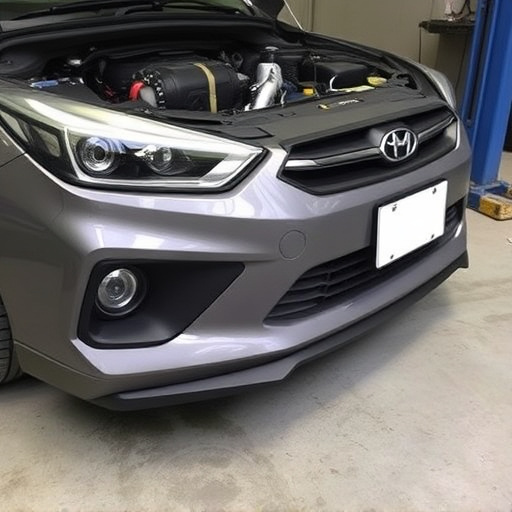In collector car damage repair, Quality Control (QC) is an art and necessity. Skilled technicians employ rigorous standards, from initial assessments to final details, preventing further deterioration and securing customer trust in historically valuable vehicles. Regular training ensures precision and consistency, maintaining customer satisfaction through prompt issue resolution. This commitment to excellence strengthens the reputation of auto repair shops catering to this niche market.
In the meticulous world of collector car damage repair, quality control (QC) is more than just a process—it’s an art. With each restoration aiming to preserve a piece of automotive history, understanding and implementing rigorous QC procedures are paramount. This article explores the essential role of quality control in ensuring that restored collector cars meet the highest standards. From understanding the unique challenges to ensuring accuracy and customer satisfaction, we delve into the key practices for top-notch collector car damage repair.
- Understanding Quality Control Essentials in Collector Cars
- Implementing Rigorous QC Procedures for Damage Repair
- Ensuring Accuracy and Customer Satisfaction Through QC
Understanding Quality Control Essentials in Collector Cars
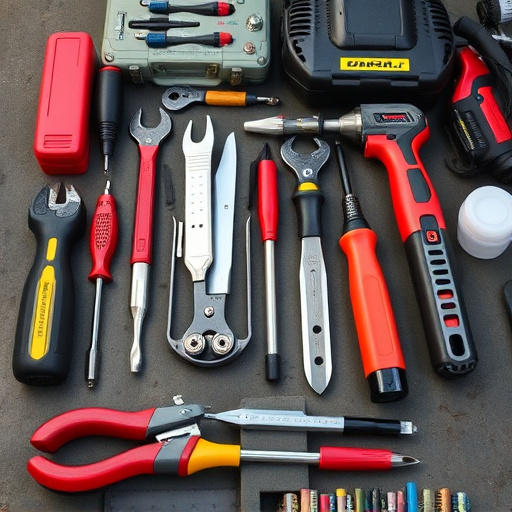
In the specialized realm of collector car damage repair, quality control is not merely a best practice—it’s an art form. Every classic car restoration entails meticulous attention to detail, as these vehicles are often irreplaceable treasures for their owners. Auto repair shops catering to this niche market must instill rigorous quality control measures to ensure that each repair and restoration meets the exacting standards set by both the vehicle’s historical significance and the owner’s personal expectations.
This involves a multi-faceted approach, encompassing everything from utilizing top-tier auto repair services with specialized knowledge in classic car restoration, to implementing stringent inspection protocols at every stage of the repair process. By fostering a culture of excellence within their workshops, these shops not only safeguard the historical integrity of collector cars but also create a harmonious blend of tradition and innovation, ensuring each restored vehicle is a testament to its original splendor.
Implementing Rigorous QC Procedures for Damage Repair
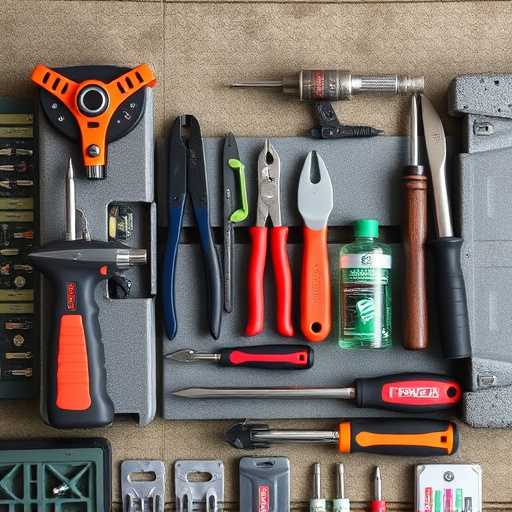
In the realm of collector car damage repair, implementing rigorous Quality Control (QC) procedures is paramount to maintaining the integrity and value of these cherished vehicles. Each auto repair service must adopt a systematic approach to ensure every aspect of the repair process meets the highest standards. This involves meticulous attention to detail during the assessment and diagnosis phase, where skilled technicians meticulously evaluate the extent of damage to car bodywork, ensuring no hidden issues are overlooked.
Rigorous QC extends beyond initial assessments. It encompasses every step of the repair journey, from sourcing high-quality parts compatible with the original vehicle specifications to precise measurement and alignment of body panels. Even minor details like tire services play a crucial role in achieving flawless outcomes. Regular training and certification programs for staff are essential to keep up with industry advancements, ensuring they possess the skills to execute repairs with precision and consistency.
Ensuring Accuracy and Customer Satisfaction Through QC
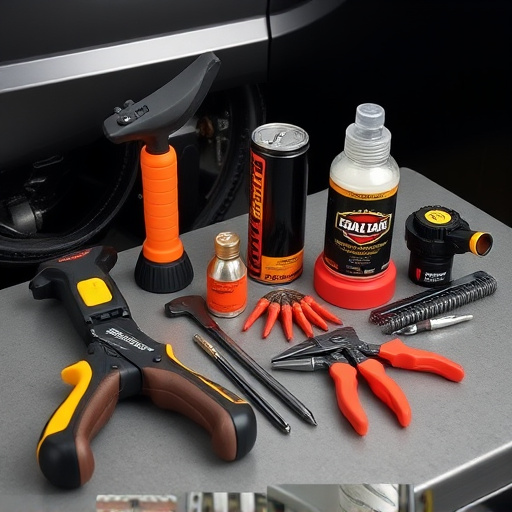
In the realm of collector car damage repair, accuracy is paramount as these vehicles often hold immense historical and financial value. Quality Control (QC) serves as a vital pillar, ensuring every repair process meets the highest standards. Through meticulous QC protocols, repair shops can guarantee that even minor details are addressed, preventing any further deterioration or misalignment. This dedication to precision fosters customer trust, knowing their cherished vehicles are in capable hands.
Maintaining customer satisfaction is another key benefit of robust QC measures. By implementing rigorous checks at each stage of the repair process—from initial assessment to final inspection—shops can identify and rectify issues early on. Addressing concerns promptly prevents post-repair dissatisfaction and encourages repeat business. Moreover, effective QC processes enable shops to maintain their reputation for excellence in collector car damage repairs, including specialized services like fender bender repair, car scratch repair, and collision damage repair.
Quality control (QC) is an indispensable pillar in the realm of collector car damage repair. By implementing rigorous procedures, shops can ensure that repairs meet the highest standards, preserving the vehicle’s historical value and satisfying discerning customers. Through meticulous QC practices, from material selection to final inspection, these workshops maintain their reputation as experts in their field, delivering exceptional results for every classic car they restore.
